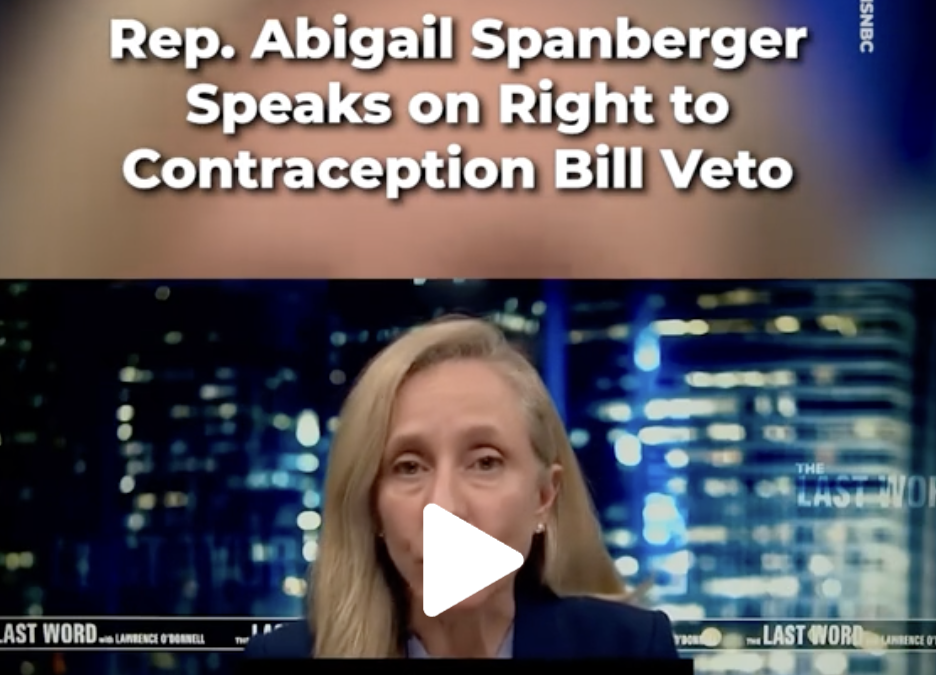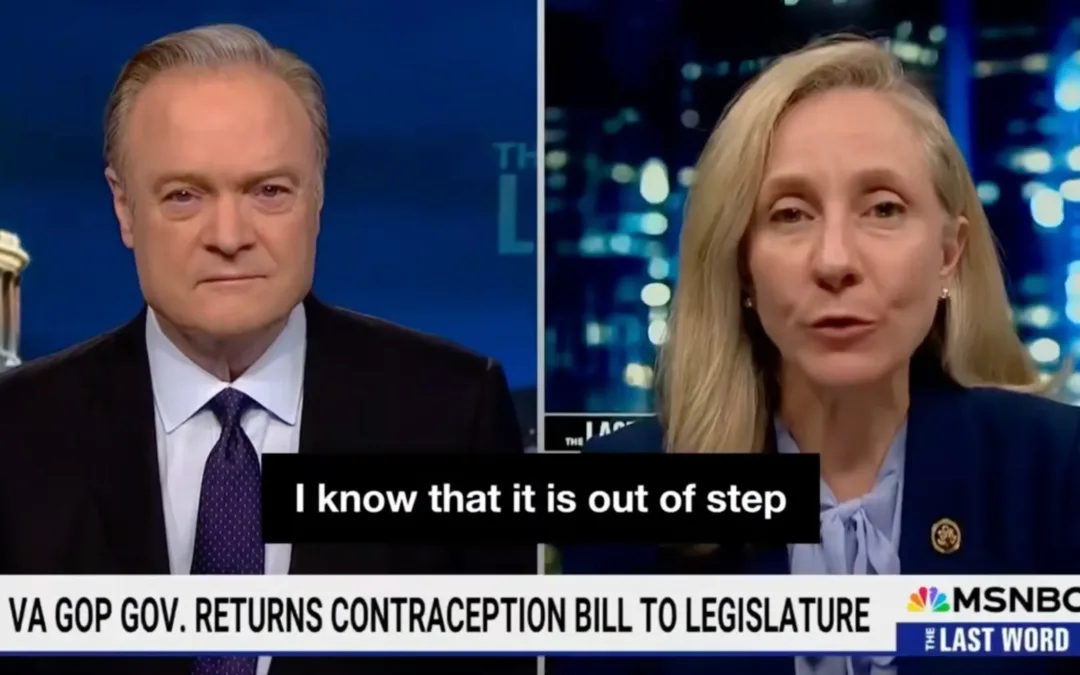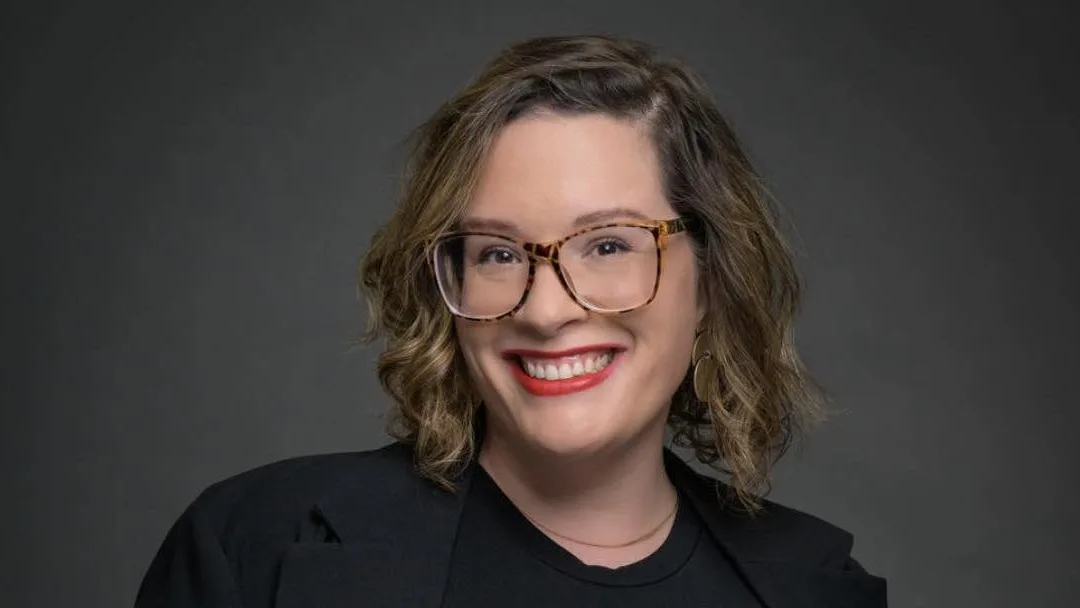Somewhere in Virginia right now, there’s a child waiting to be placed with a foster family. To minimize stress and instability, the best resolution for foster children is placement with a family member, which is the desired policy in most states. But according to a new report from the Annie E. Casey Foundation, this happens only 7 percent of the time in Virginia, well below the 32 percent national average.
This discrepancy comes from a difference in available resources for relative and non-relative foster families. If a foster family takes in a child, they receive a monthly payment of $700, access to case management and resources from social services. If a biological family member takes in a child, they receive none of those things.
Sen. Monty Mason (D-01) highlighted the absurdity of the issue. “If you’re going to be a foster parent for my kid, you’d get $700 a month; if my brother does, he gets nothing,” Mason told the Virginia Pilot.
Allison Gilbreath, a policy analyst with Voices for Virginia’s Children, a non-profit advocacy group, has emphasized that children do better in the care of family members and are more likely to remain with them rather than shuffling from one home to another.
According to Gilbreath, children who are placed with family are also more likely to be adopted or return to their biological parents.
Still, that 7% figure remains unchanged from 2007, which is why Voices for Virginia’s Children is focused on improving family placement rates in the state.
The organization has lobbied the General Assembly for years to extend the same services and resources to relative foster families that they extend to non-relative families, while also calling for the Commonwealth to increase services to improve the lives of families before children enter the foster care system.
Their efforts have achieved mixed results, but things began to change this year after the Joint Legislative Audit and Review Commission, the General Assembly’s research arm, released a jarring report that found Virginia’s social services policies among the worst in the country.
The report authors criticized Virginia’s Department of Social Services, which oversees the state’s child welfare system, for failing to recruit enough foster parents or provide oversight for local social services agencies. They also found case workers were overworked and under-resourced.
In the aftermath of the release, lawmakers formed a bipartisan foster care caucus, co-chaired by Sen. Mason and Del. Emily Brewer (R-64), and passed ten bills to overhaul the state’s foster care system.
One bill, from Del. Jennifer Carroll Foy (D-02), herself a foster parent, and Sen. Mason, aims to increase family placement by requiring that the state tells relatives when a child is placed in foster care.
In total, lawmakers allocated nearly $4 million to reform the system and Gov. Ralph Northam also announced a new program, Virginia Fosters, to bring government, faith groups, nonprofit organizations and businesses together to help solve the state’s foster care crisis.
Advocates said that was a good start, but more work is needed. Voices For Virginia’s Children again called on legislators to “ensure that relatives have similar opportunities to receive the same supports as foster families.”
Gilbreath said the data is on her side. There is a “growing consensus among practitioners and policymakers that young people in the child welfare system should live in families.”
Politics

VIDEO: Rep. Abigail Spanberger speaks on right to contraception bill veto
Rep. Abigail Spanberger (D-Va.) criticized Youngkin’s refusal to sign a bill that would have given Virginians a legal right to contraception, saying...

Spanberger calls Youngkin’s refusal to sign birth control access bill ‘outrageous’
Spanberger criticized Youngkin’s refusal to sign a bill that would have given Virginians a legal right to contraception, saying the move follows the...
Local News

Southside woman keeps the arts alive through community theatre
Katelyn Murray, a financial planner from the Danville area, grew up on stage. “I have been dancing since I was three, up through 23. I've been...

Virginia’s Homegrown Stars Had Big Moments in 2023
Although such celebrity meccas as New York and California may come to mind when you think of famous people, Virginia also has its fair share of...




